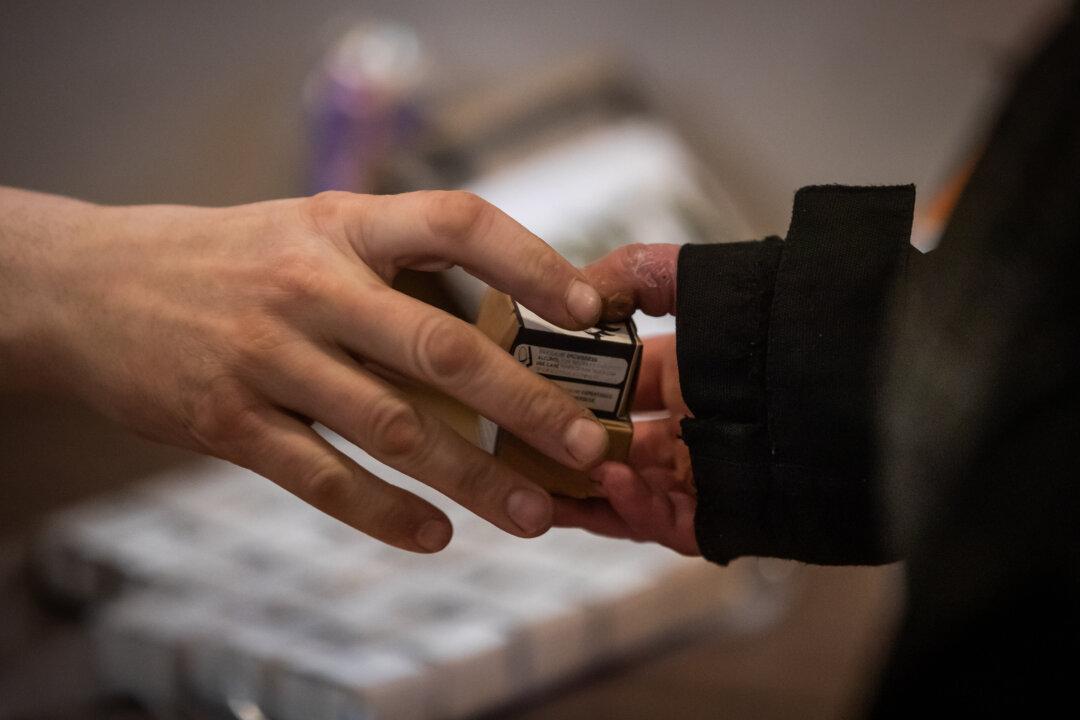The vast majority of ethnic and indigenous British Columbians reject the notion that drug criminalization is racist. The findings appear in a new study at the same time the provincial government says in a policy paper that drug prohibition is “based on a history of racism.”
More than half of non-white residents in B.C. disagreed that criminalizing drugs is racist, according to an Oct. 15 survey by the Centre For Responsible Drug Policy (CRDP) and the Macdonald-Laurier Institute. Nearly 70 percent of First Nations and those who describe themselves as multiracial share the same opinion, at 67.6 percent and 69.9 percent respectively.





